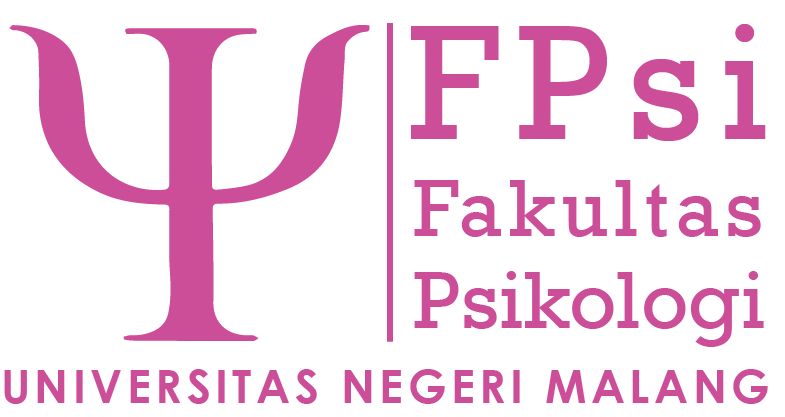National, ethnic and religion identity For multicultural facing globalization and changing society in Indonesia
Tutut Chusniyah
Universitas Negeri Malang
Ardiningtiyas Pitaloka
Universitas Yarsi
Abstract
The rapid change of social-political system after reformation event in 1998 entails changing society towards mutual democracy in Indonesia. For instance, immigrant ethnic, Tionghoa, has been accepted as one of Indonesian ethnics. Several events of terrorism, such as Bali Bombing I, II and J.W. Marriot in Jakarta also raising issue threaten multicultural in Indonesia, since contains of religion issue. Therefore, social identity becomes prominent subject to multicultural. The study tested a theoretical model to predict for multiculturalism, in which ethnic identity, religion identity; national identity served as exogenous variables. Six hundreds subjects from various ethnic (more than 27 ethnic identities including mix culture subjects and Tionghoa) and five religions groups in Indonesia, from nine universities in three cities were participated in this study. Overall, the findings supported the proposed model. Both ethnic and religion identity predicts in-group confidence and out-group acceptance concerning multiculturalism. The study also revealed interesting finding presented in theoretical argument about social identity. The argument of in-group favoritisms leads to out-group derogation (Tajfel & Turner, 1979) versus in-group confidence leads to out-group acceptance (Moghaddam, 2008) is the prominent concern in this multicultural study. Implication of these findings to multiculturalism theory and social identity theory were discussed.
Keyword: national identity, ethnic identity, religion identity, and multiculturalism
Presented; 8th Biennial Conference of the Asian Association of Social Psychology, 11-14 Desember 2009, New Delhi, INDIA.
